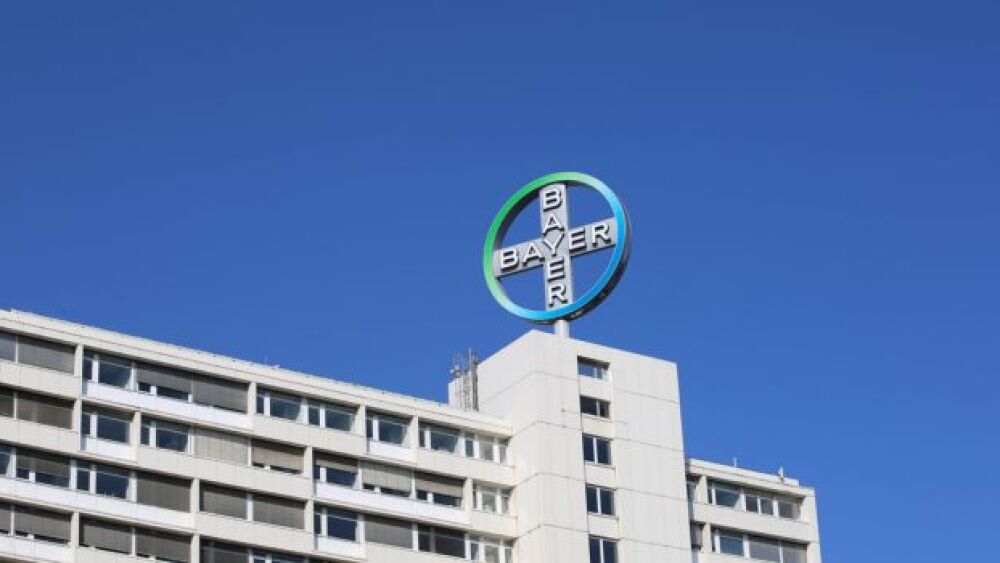Bayer will co-create a novel target identification platform that leverages Aignostics’ artificial intelligence technology and proprietary multimodal patient cohorts.
Pictured: Exterior of Bayer’s headquarters in Berlin/iStock/Umut Tolga Pehlivan
Bayer is looking to leverage artificial intelligence with partner German AI company Aignostics to conduct precision oncology drug research and eventual development, the companies announced Thursday.
The deal is meant to create a new target identification platform that uses the technology from Aignostics and Bayer’s expertise in oncology therapy development. The collaboration will also use AI-powered computational pathology algorithms and machine learning, designed to connect pathology data with clinical data to find better solutions for patient outcomes.
Aignostics, a spin-off from Berlin-based hospital Charité Universitätsmedizin, uses computational pathology to turn biomedical data into “biology insights.”
“Fusing our technology and multimodal data with Bayer’s extensive expertise in drug discovery and clinical development can generate better drugs for patients with high unmet needs in less time. Together with Bayer, we’re excited to transform AI’s immense potential into a reality for healthcare,” Aignostics COE Viktor Matyas said in a statement.
While financial details for the deal were not disclosed, Aignostics will get an undisclosed upfront payment and possible milestones and royalties on any therapies that result from the collaboration. The goal of the multi-year deal isto find new cancer targets with a “strong disease link” through the AI models and accelerate the clinical development of oncology medicines.
“Gaining insights into human disease biology, discovering targets with a strong disease link by integrating artificial intelligence, machine learning, and multimodal pathology into precision drug development has a huge potential for our R&D innovation strategy,” Christian Rommel, head of research and development at Bayer, said in a statement. “Bringing Aignostics’ technical know-how and their access to large patient datasets together with Bayer’s expertise in cancer research and development will enable discoveries and faster clinical development, helping to provide cancer patients with more impactful medicines.”
Pharma companies are increasingly leveraging AI for research. Last year, Eli Lilly and Novartis separately formed deals to discover small molecule drugs with Alphabet’s Isomorphic Labs, which uses AI technology in drug discovery.
In January 2024, Novo Nordisk inked two research collaborations, one involving AI, worth up to $1 billion potentially to discover metabolic dysfunction-associated steatohepatitis (MASH) and obesity targets.
Tyler Patchen is a staff writer at BioSpace. You can reach him at tyler.patchen@biospace.com. Follow him on LinkedIn.






